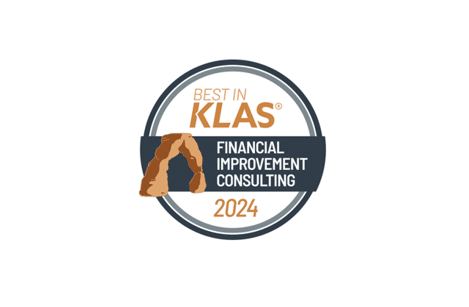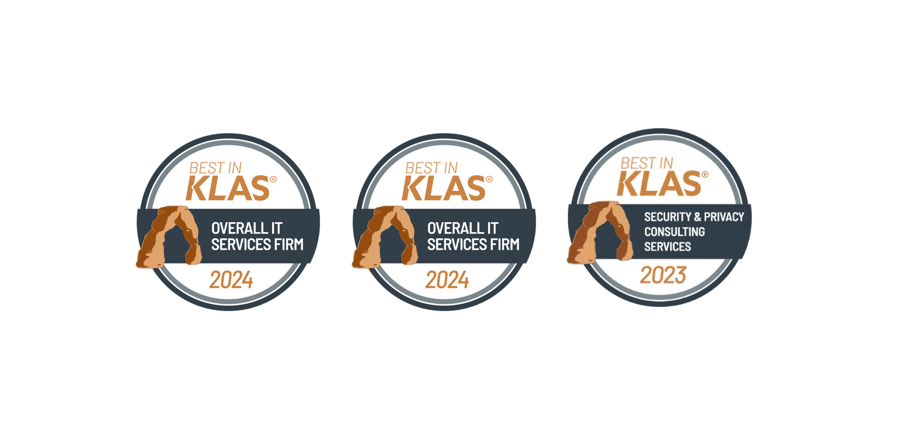Revenue Integrity: Improving Financial Stability

Healthcare is a rapidly changing industry, and hospitals and health systems must adapt to this ever-changing landscape. For example, we know the “Silver Tsunami,” the aging population, will have a direct impact and domino effect on the business of healthcare. It is forecasted that this population will bring increased rates of chronic conditions, which in turn will have a direct impact on payer mixes and reimbursements. These changes in payer mixes and reimbursements will have a direct impact on the financial stability of healthcare organizations.
Implementing a well-planned Revenue Integrity Program, comprised of multi-functional team members, is an effective way to improve current financial stability and provide the evidence necessary to take informed action when faced with the ongoing changes in healthcare.
The mission of a Revenue Integrity Program is to build a partnership between hospital and/or clinical departments, finance, compliance and the business office. This partnership provides improved collaboration for the development of business processes and/or workflows and communication plans, which results in the accountability and leadership necessary to maximize revenue capture and compliance.
The primary purpose of a Revenue Integrity Program is to identify and minimize or prevent the recurrence of issues that lead to missed revenue opportunities, inefficiencies that lead to revenue leakage, and regulatory or compliance related risks. A holistic approach to the Program is centered on a foundation comprised of a highly proficient, multi-functional team of people, efficient processes and effective use of technology.
People
A team of people who are highly proficient in their respective scope of responsibilities and have working, holistic revenue cycle knowledge, should have clearly defined roles, responsibilities and expectations.
- Revenue Partners: are highly knowledgeable of all aspects of the revenue cycle with superior communication skills and strong partnerships with operational stakeholders, finance, compliance, training and support teams.
- Coding & Compliance Specialists: are experts in current CMS guidelines and regulations and provide ongoing monitoring and training as needed of coding quality and compliance.
- Analysts: continually monitor work queues/lists for trends and anomalies, monitor reimbursement accuracy, provide ad hoc analysis.
- CDM & Vendor Maintenance: personnel maintain the CDM and Chargemaster.
Process
Standard processes ensure that the Revenue Integrity partners and team are working together toward achievement of common goals. Consistency and adherence to the processes supports an environment of accountability for each step. Moreover, adherence to a set processes provides transparency to any breakdowns.
Technology
Adoption of technology solutions that provide at-a-glance trending with the ability to drill down for root cause analysis provides a solid platform targeted, informed action.
Collectively, the people, processes and technologies of the Program would provide the necessary visibility and transparency into the revenue cycle to:
- Identify opportunities for improved revenue capture
- Measure progress toward achieving KPI targets and maintaining KPI targets
- Provide patients with accurate and timely bills
- Align accountability performance goals
- Collaborate efficiently and effectively with partners and stakeholders
- Trend data to identify areas requiring action

























